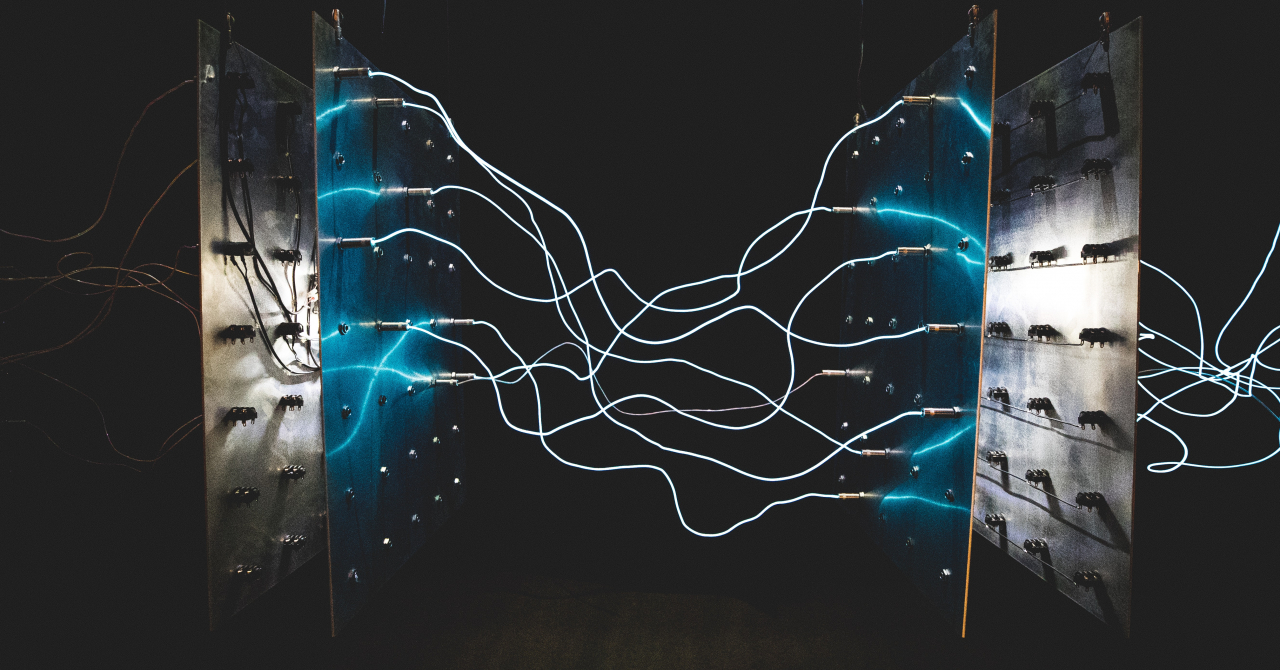According to Phys.org, the worldwide adoption of electric vehicles increased the demand for electricity, as these vehicles run on rechargeable batteries.
Also, in the early days of electric vehicles, batteries had a much lower energy density than hydrocarbon fuels, but with time the technology advanced enough in order for electric vehicles to get acceptable range when compared to their traditional counterparts.
Current battery technology is still not ideal for electric vehicles, as they lose capacity over time, get less range in extreme cold and hot environments, and the biggest problem possibly is considered to be the charging speeds.
If you charge an electric car at home, prepare to wait pretty much half a day, because it takes ten hours to recharge an electric car from your home outlet.
Fast charging stations take anything from 20 to 40 minutes for a full recharge, which is still a considerable amount of time when you're on the road.
Researchers looked at multiple ways to improve on charging times and they came to the conclusion that quantum technologies might actually help us achieve this goal.
Quantum battery technology appeared first in a paper published in 2012 by Alicki and Fannes, who suggested that through entanglement, the cells of the battery can be charged simultaneously, which would massively improve charging speeds.
Quantum entanglement means that instead of the batteries charging at a certain speed for a certain amount of time, all the energy from the source could be absorbed by quantum batteries as close to in a single moment.
Also, researchers suggest that with enough entanglement, the batteries could be developed to such a level that no energy would be lost or wasted.
Current batteries used by electric vehicles charge in parallel, independently of one another, meaning that charging speeds cannot surpass a certain level.
A recent study from researchers at the Institute for Basic Sciences (IBS) shows how fast quantum batteries could actually charge.
They were able to determine that a 200 cell battery system could take about ten hours to charge at home, but with quantum charging the process could be as much as 200 times faster, meaning just 3 minutes or so to charge the same battery pack.
While they took electric vehicle battery packs as an example, researchers claim that quantum charging could have much bigger benefits than just juice up our cars and electronics faster.
It could be a revolutionary technology for future fusion power plants, which require large amounts of energy in order to be charger and discharged as soon as possible.
Quantum technologies are still in very early stages of understanding and development and it will take researchers a long time before they will be able to implement them in the real world, but once they are here, they could change the way we think about electricity.
 Mihai - Cristian Ioniță
Mihai - Cristian Ioniță












Any thoughts?